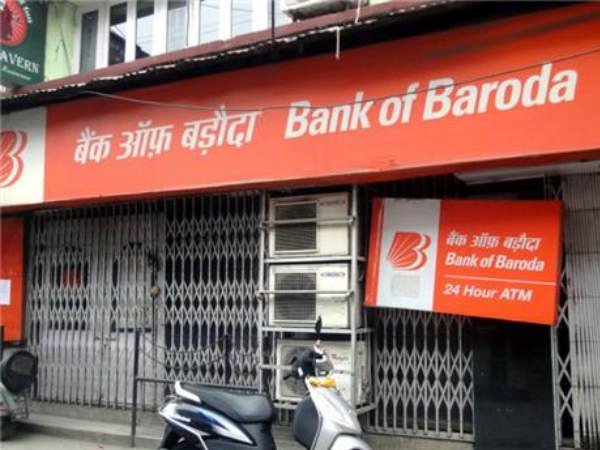Senior Citizens Special FD Schemes Extended Till September 30, Details Inside
[ad_1]
Read More/Less
SBI Wecare Deposit
On its official website, the largest commercial bank of our country State Bank of India (SBI) has stated that “A special ” SBI Wecare” Deposit for Senior Citizens introduced in the Retail TD segment wherein an additional premium of 30 bps (over & above the existing 50 bps as detailed in the above table) will be paid to Senior Citizen’s on their retail TD for ‘5 Years and above’ tenor only. “SBI Wecare” deposit scheme stands extended till 30th September, 2021.” SBI Wecare deposit scheme gives older folks an additional 30 basis points above the 50 basis points of additional FD interest rate. On a 5- to 10-year fixed deposit, the SBI We Care scheme offers a senior citizen an additional 80 basis points. Hence, they will receive 6.20 per cent interest on their fixed deposit under this special SBI FD scheme. These rates are in effect from 8 January 2021, according to SBI.

HDFC Bank Special FD Scheme
According to the official website of HDFC Bank “An Additional Premium of 0.25% (over and above the existing premium of 0.50%) shall be given to Senior Citizens who wish to book the Fixed Deposit less than 5 crores for a tenure of 5 (five) years One Day to 10 Years, during special deposit offer commencing from 18th May’20 to 30th Sep’21. This special offer will be applicable to new Fixed Deposit booked as well as for the Renewals, by Senior Citizens during the above period. This offer is not applicable to Non-Resident Indian.” Under the HDFC Senior Citizen Care Scheme, the bank gives a 75 basis point higher interest rate. The interest rate on a fixed deposit made by a senior citizen under the HDFC Bank Senior Citizen Care FD would be 6.25 per cent which is in force from 21 May 2021.

Bank of Baroda Special Fixed Deposit Scheme
Senior citizens can get a 100 basis point higher on their deposits at Bank of Baroda. Under the special fd scheme for senior citizens, one can get an interest rate of 6.25 per cent on his or her fixed deposit made for a period of 5 years and up to 10 years. These rates are in force from 16 November 2020.

Interest Rates of Special FD Schemes
Here are the most recent interest rates of special fd schemes which are applicable for a deposit amount of less than Rs 2 Cr.
| Special FD Schemes | ROI In % | Effective till |
|---|---|---|
| ICICI Bank Golden Years Fixed Deposit | 6.30% | June 30, 2021 |
| HDFC Bank Senior Citizen Care Fixed Deposit | 6.25% | September 30, 2021 |
| Bank of Baroda Special Fixed Deposit Scheme | 6.25% | September 30, 2021 |
| SBI Wecare Deposit | 6.20% | September 30, 2021 |
| Source: Bank Websites |
[ad_2]






